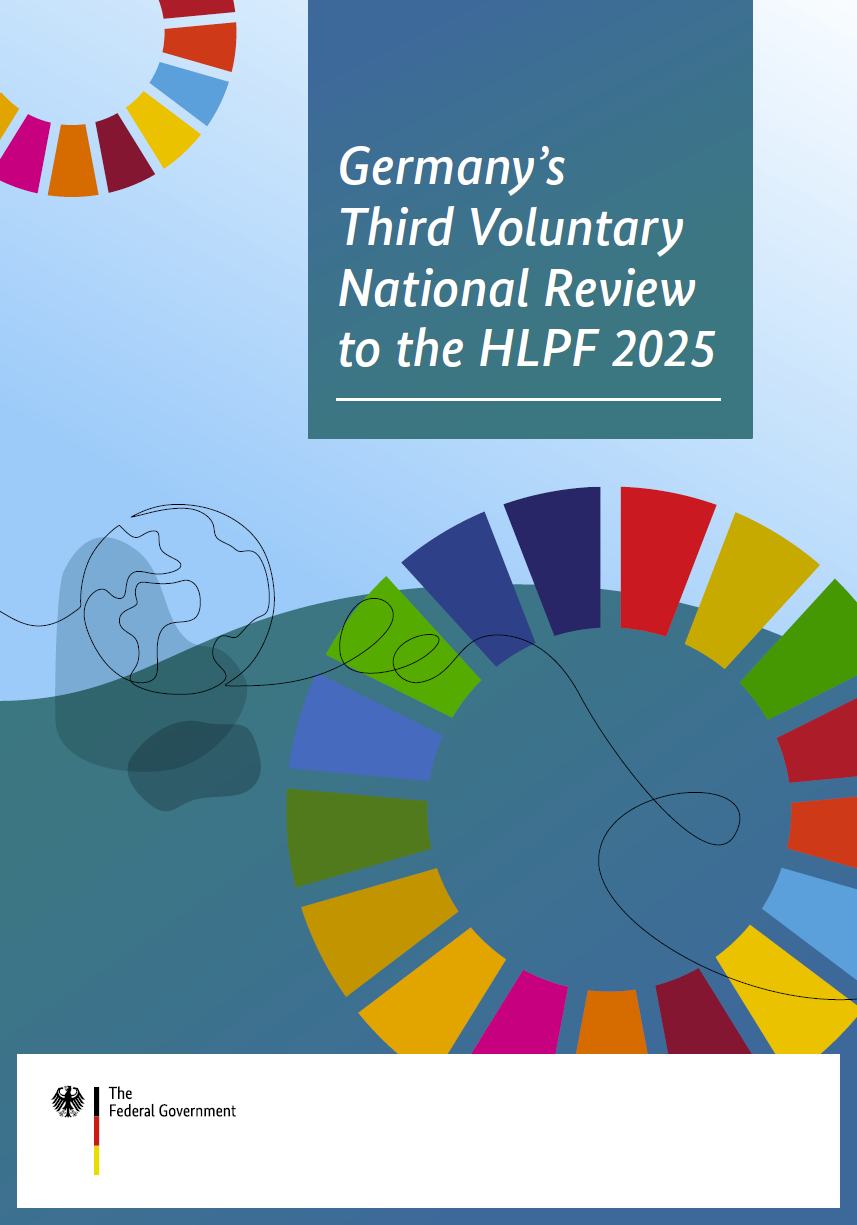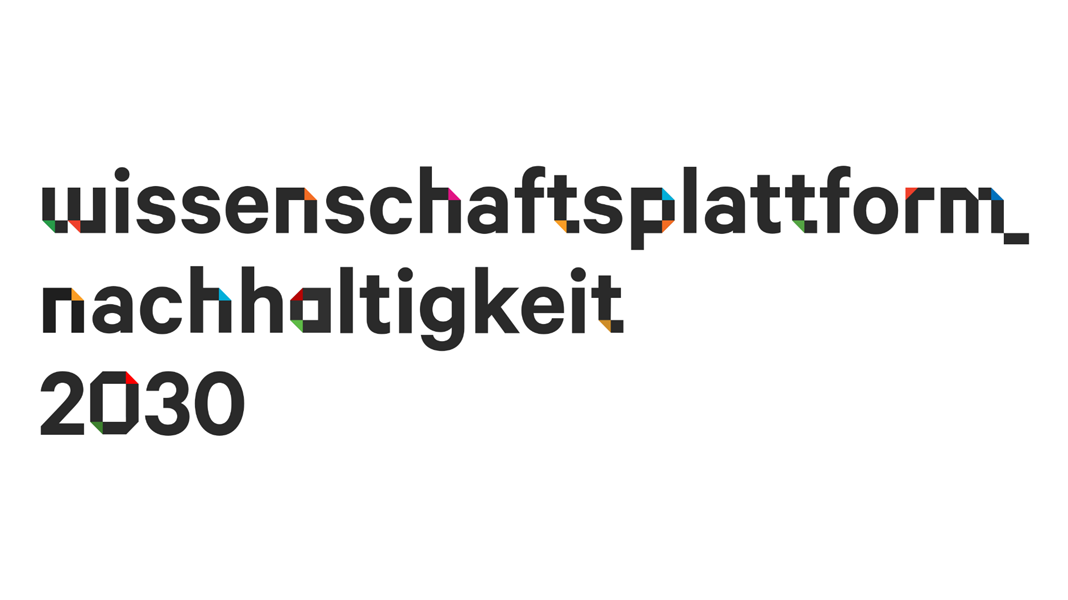VNR 2025 Contribution by Science Platform Sustainability 2030 (wpn2030)
Shaping and accelerating the transformation towards sustainability across society as a whole requires a wide range of capacities in the spheres of politics, academia, civil society and business (Global Sustainable Development Report, 2023 (External link)). To accelerate the implementation of the 2030 Agenda in, with and by Germany, capacity building during the transformation process in Germany and in the international context is a key challenge. Special consideration should be given to the following aspects:
Capacities include financial, time and human resources, subject-specific and multidisciplinary expertise and an enabling institutional environment. Training and retraining programmes tailored to specific target groups are needed to develop and build capacity. However, it is vital to not only develop new capacity but also use existing capacity efficiently. With a view to meeting capacity requirements and filling gaps, a needs assessment should first be carried out to identify such requirements and gaps.
The definition of common goals and visions (that go beyond the duration of legislative periods) is vital for a public policy and administration sector that uses a long-term perspective and is characterised by continuity. Connections should be forged and new alliances should be formed across ministries, sectors and stakeholder groups. Conflict management and the combining of social forces are key competencies for dealing with veto players in transformation processes and responding to the declining political commitment to sustainability.
Continuous communication from policymakers to society throughout the entire transformation process is key to its success. For instance, shared positive narratives of the transformation should be formed and communicated from the outset. To create a “new normal”, society must also develop new values, rituals and traditions.
Backing up the transformation process through scientific work at the science-policy-society interface is essential for evidence-based, forward-looking and socially relevant policymaking. There is also a need for protected space with enough time, money and freedom to try “outside-the-box” innovations. In addition, we need a better error culture that emphasises iterative learning processes.
We need more peer learning – internationally, between ministries and between federal and Länder (state) authorities – and qualitative and quantitative research on peer learning. Peer learning on sustainability skills and innovations in administration would be a promising option with Brazil, India, South Africa and Indonesia, for example (Grimm, Díaz & Alves, 2022 (External link)).
Footnote
1) In the DNS-Lab-Format (External link) (web page only available in German) meeting held by the Science Platform Sustainability 2030 (wpn2030) on 10 December 2024, 25 experts from public policy and administration, academia, civil society and business jointly explored needs, challenges and possible solutions for capacity building during the transformation process in Germany and in the international context (wpn2030, 2024 (External link) – web page only available in German). Some of the most important findings are summarised here.

